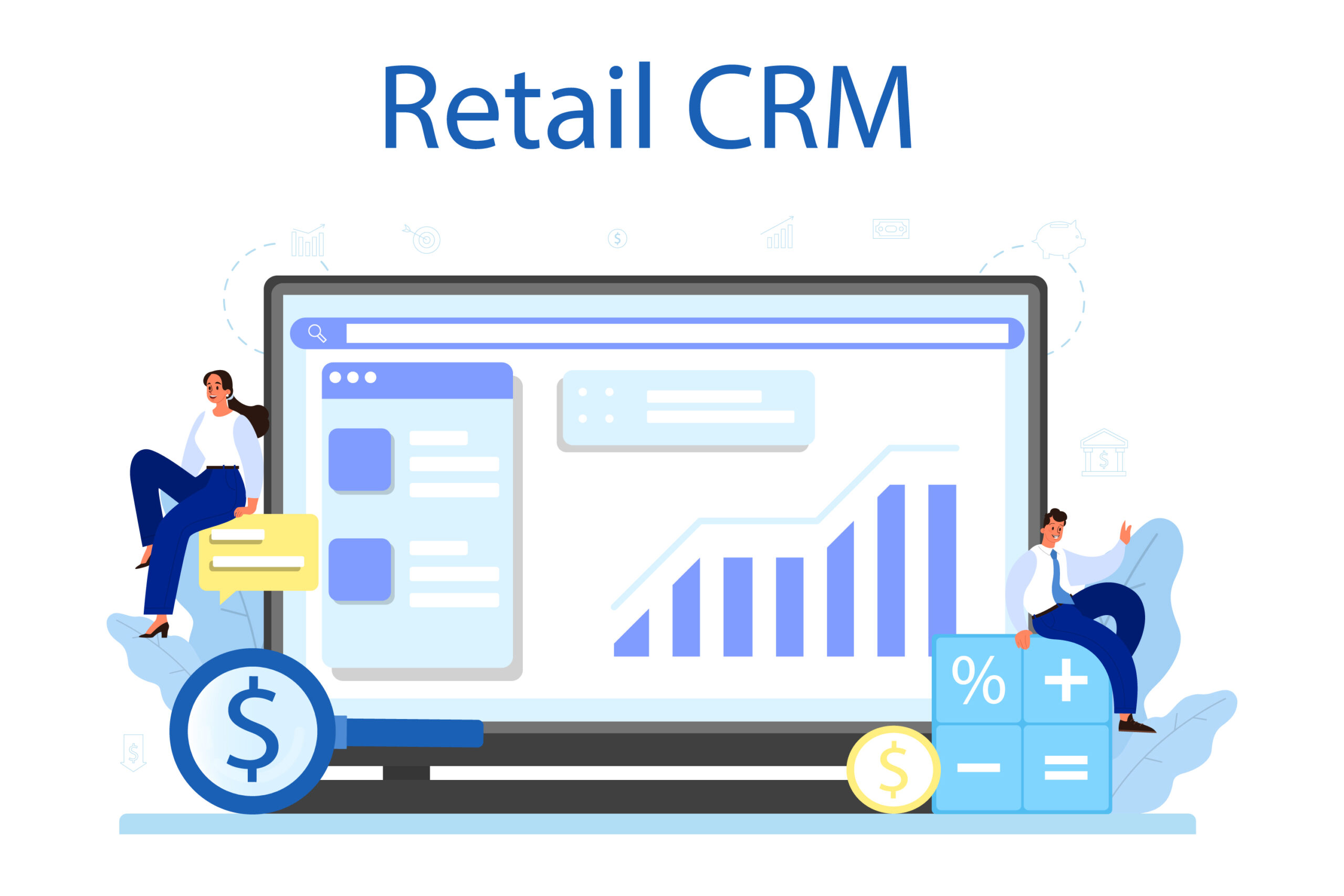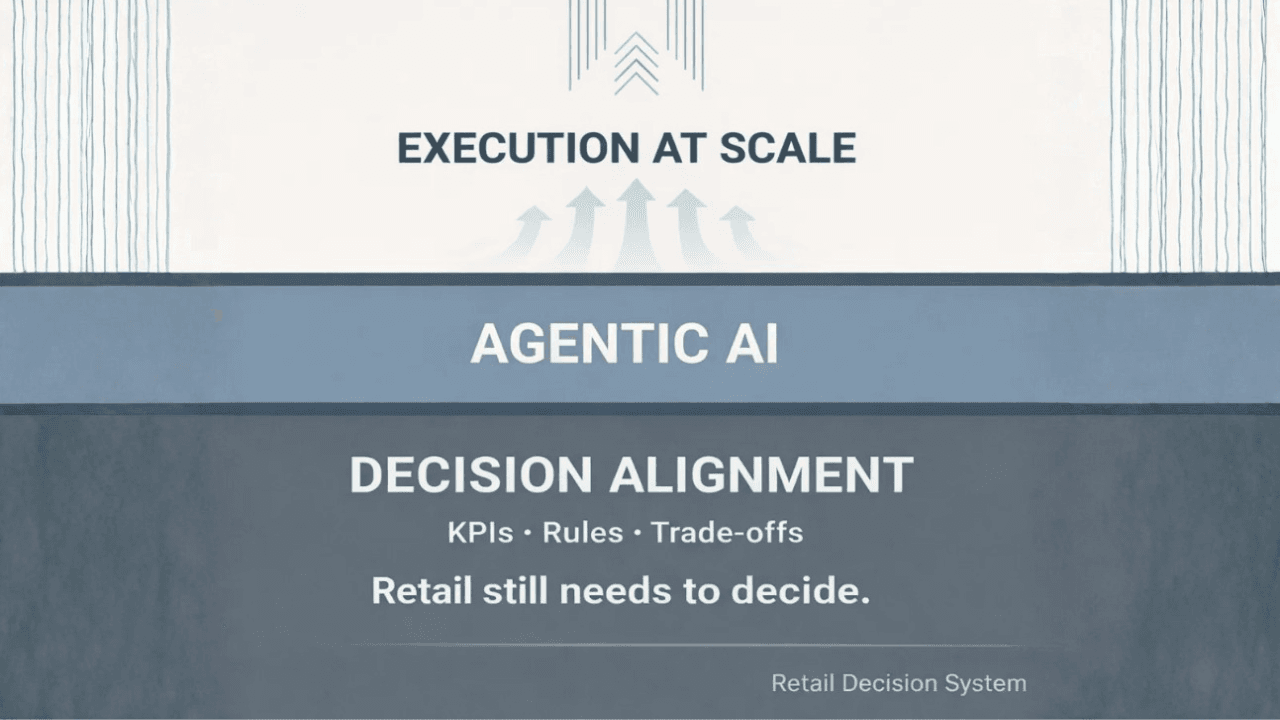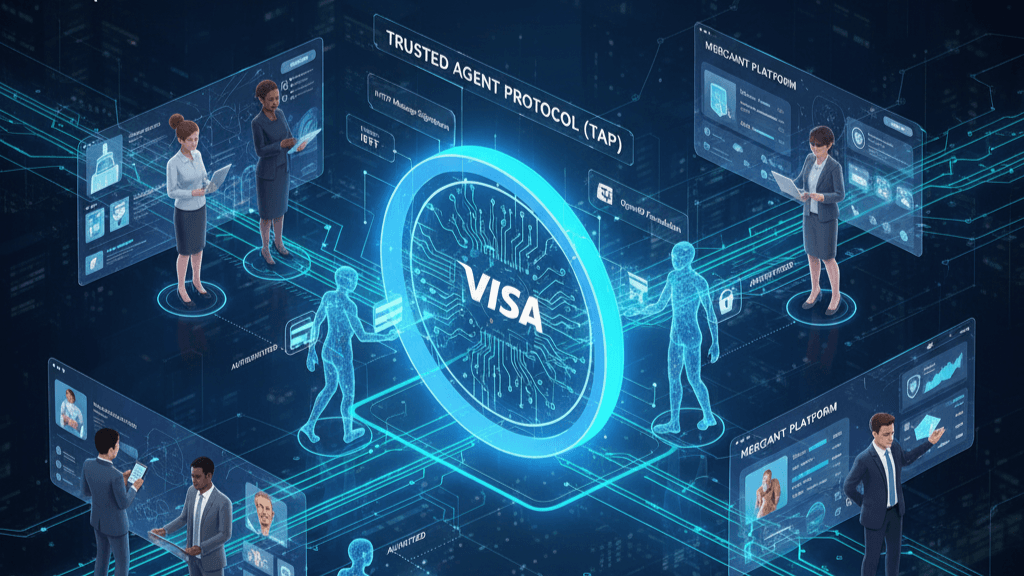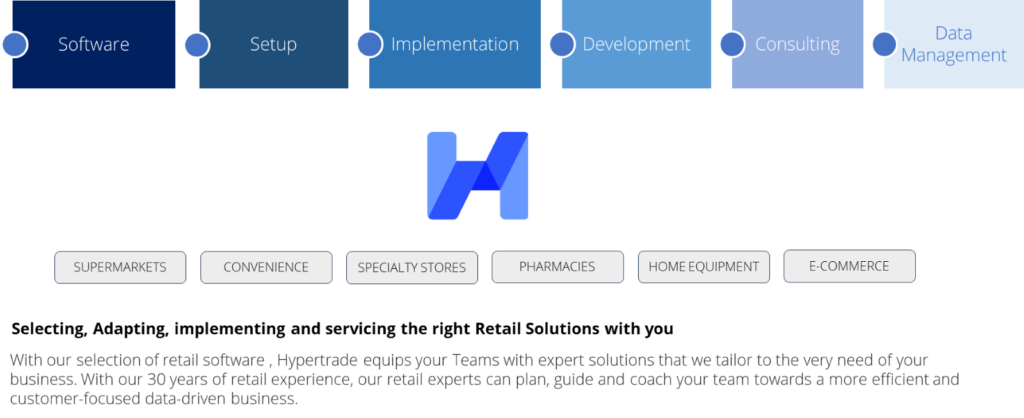From an increase of customers acquisition costs over 60% in the last five years (source: Digital Information World) to communication clutters to general inflation and customers’ annoyance of being so often contacted for offers that do not relate to them, several factors are making it necessary for retail marketers to rethink their Customers Engagement Strategies.
In these new engagement strategies, the relevance of the communication to Customers (or Personalization) and ROI plays a critical role. This is where Retail CRM comes into action.
1. Improved Customer Loyalty
Customer Loyalty defines the behaviors of customers who come back often and progressively grow their spending, either in the same categories or across new categories they never purchased before.
By providing a personalized and efficient customer experience, retail CRM software can help retailers build customer loyalty and increase repeat business. It can also identify areas for improvement, which once realized, can further enhance customer loyalty.
2. Cost efficiency
Because Retail CRM systems shares data and insight among Teams, it can streamline category management and promotion processes, reducing the amount of time and resources needed to improve commercial offerings’ relevance. Retail CRM systems can also help businesses automate certain tasks, such as sending personalized emails or generating reports, which can further increase efficiency.
3. Sales Growth
By providing retail Teams with a comprehensive view of customer interactions and preferences, retail CRM systems can help identify.
- Next best purchase opportunities
- Categories with declining spending
- Categories with declining penetration
- Campaigns’ performance tracking
Merchandising and Marketing Teams are therefore empowered to focus on the most important opportunities.
4. Reduced Customer Churn
By monitoring, for each carded customers, the frequency, recency and value of transactions, Retail CRM can help retailers identify at-risk customers and take proactive steps to retain them, such as offering special promotions or personalized customer service. The reduction of customer churn not only reduces the cost of acquiring new customers, and also increase the lifetime value of their customer base.
5. Advanced Customer Segmentation
Retail CRM systems allow businesses to segment their customers based on various characteristics, such as demographics, purchase history, and customer behavior. Fixed segmentations allow to monitor the movements of customers across segments while dynamic segmentation allow to create ad hoc segmentation. This allows retailers to tailor their marketing efforts and create targeted campaigns that are more likely to be successful. Advanced segmentation also enables teams to identify customers at risks (lapsing) and reduce churn, as well as VIP Customers, who must be cherished and cocooned
6. Increase Campaigns ROI
Building on advanced segmentation, it is possible Retail CRM systems to propose commercial offers that are more relevant to the targeted customer group. Not only is the number of targeted customers smaller, but higher conversion rates and sales derive from this targeting. By targeting marketing efforts to specific customer segments, businesses can more effectively reach and engage their audience, leading to increased ROI and sales.
7. Better Relationships with Customers
By definition, a Retail CRM software tracks customers interactions and preferences. These tracking data – in online or physical stores – can then help improve CX and build stronger relationships. In return, these actions lead to increased customer loyalty and repeat business. The personalization of offers also contribute to the strengthening of the relationship.
8. Enhanced Customer Service
Still building on the tracking of customer interactions and preferences, Retail CRM empowers team to provide more personalized and efficient customer service. By getting a quick and accurate access to Customers’ history, Teams can provide a faster service in addressing inquiries or complains. Just think about the management of a return or customer calling to review its latest purchases. The impact on Customer Satisfaction can be quite significant.
9. Better & Faster Decisions
A Retail CRM software has access to a wealth of data on customer preferences and behavior. These data can then be used in Range, Distribution, Promotion and Supply Chain processes with great accuracy, access in minutes. As a Retail CRM systems can be used by different business units, the identification of trends and patterns in customer data can be used to optimize business operations and improve the customer experience.
10. Improved Data Security
Retail CRM solutions often include robust security features to protect customer data (which can help businesses avoid data breaches and maintain customer trust) as well as protect customers from unwanted solicitations and offer (GPRD compliance). By securely storing and managing customer data, retailers can demonstrate their commitment to protecting customer privacy and build customer trust.
Read More About Retail CRM
- CRM Essentials for Retailers: How to setup a CRM organisation in your retail Business
- Business Case: Learn how a medium-sized retailer built and uses Customers’ Persona
- CRM Glossary for Retailers: Get familiar with the Retail CRM Jargon
- How CRM can impact your whole CX: What are the real pillars of customers retention
- Compare and Choose your Retail CRM system: Practical Guide







